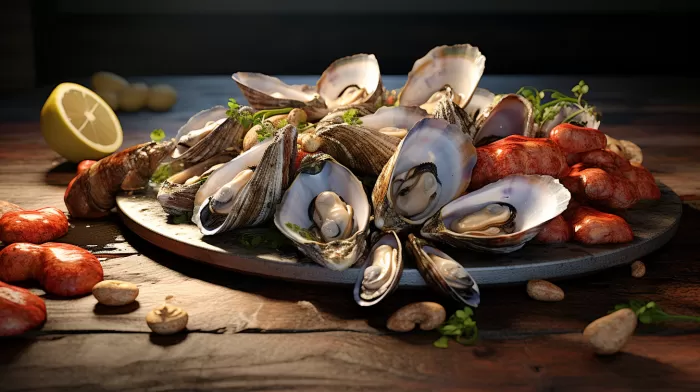Crucial to cutting your cancer risk is one specific mineral, selenium. Without sufficient selenium, your risk of getting cancer increases by 33%, and your risk of dying from cancer goes up 45%. Deficiency in selenium makes you more vulnerable to various types of cancer, such as colorectal, prostate, lung, bladder, skin, esophageal, and gastric cancers. Selenium is vital in combating cancer because it is a powerful antioxidant that aids DNA repair, maintains healthy cells, and keeps your endocrine and immune systems functioning efficiently. If you ensure you get enough selenium, it will also protect you from thyroid disease, cardiovascular disease, and cognitive decline.
Excitingly, new research published in the American Journal of Clinical Nutrition discovered that high levels of selenium in your blood can significantly decrease your risk of liver cancer. A team of researchers from the Charité Hospital in Berlin followed a cohort of 477,000 study participants, specifically choosing participants who developed liver cancer after 10 years. They compared the bloodwork of individuals in the cohort who developed liver cancer against those who did not, and it was found that people with the lowest levels of selenium were five to ten times more likely to develop liver cancer.
Before you start supplementing, it’s important to know a few things. It’s best to avoid manmade forms of selenium, such as selenium selenite — these can be toxic and may even cause cancer. The best source of selenium is, of course, a healthy diet. The FDA recommends 55 micrograms of selenium per day, but you can safely take up to 200 mcg, although it is recommended not to exceed this amount. Vitamin E can help increase the absorption of selenium.
The Linus Pauling Institute provides the following list of the best dietary sources of selenium:
- Brazil nuts (from selenium-rich soil) – 1 ounce (6 kernels) – 543.5 μg
-
Tuna (yellowfin, cooked, dry heat) – 3 ounces – 92.0 μg
-
Oysters (Pacific, raw) – 3 ounces – 65.4μg
-
Clams (mixed, cooked, steamed) – 3 ounces – 54.4μg
-
Halibut (Atlantic and Pacific, cooked, dry heat) – 3 ounces – 47.1μg
-
Shrimp (cooked, steamed) – 3 ounces – 42.1μg
-
Salmon (Chinook, cooked, dry heat) – 3 ounces – 39.8μg
-
Noodles (egg, cooked, enriched) – 1 cup – 38.2μg
-
Crab (queen, cooked, steamed) – 3 ounces – 37.7μg
-
Pork (lean, tenderloin, cooked, roasted) – 3 ounces – 32.5μg
-
Beef (lean, plate steak, cooked, grilled) – 3 ounces – 30.6μg
-
Chicken (light-meat, cooked, roasted) – 3 ounces – 25.8μg
-
Rice (brown, long-grain, cooked) – 1 cup – 19.1μg
-
Sunflower seed kernels (dried) – ¼ cup – 18.6μg
-
Whole-wheat bread – 2 slices – 16.4μg
-
Milk (fat free or skim) – 8 fluid ounces (1 cup) – 7.6μg
It’s worth noting that Brazil nuts are well above the tolerable upper intake level (UL) of 400 μg/day.



